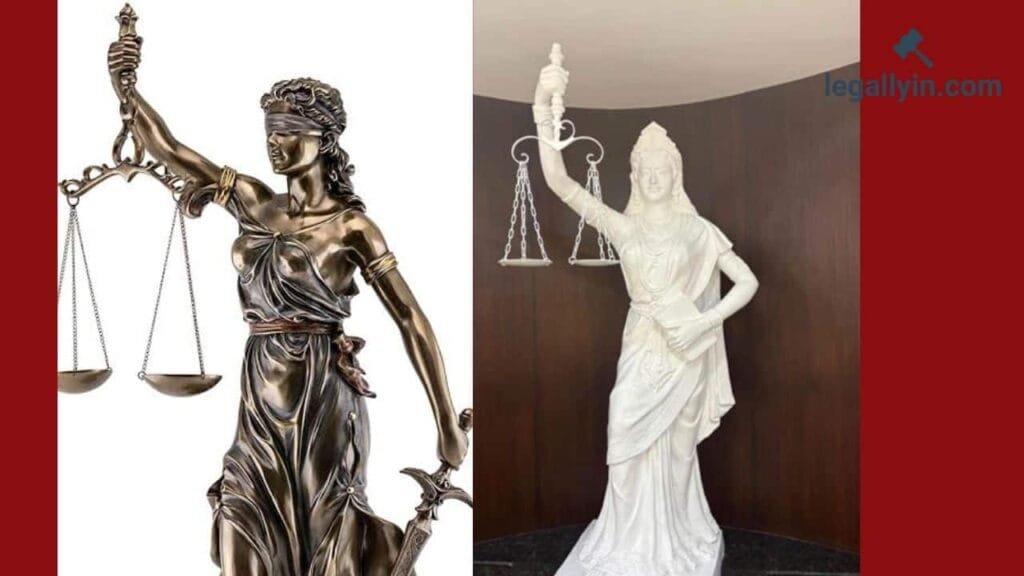Redefinitions of “Child” and “Judge” in the BNS
The BNS redefine “child” and “Judge”,” reflecting a shift in legal understanding and terminology compared to the previous IPC.
“Child”
- The BNS clearly defines a “child” as “any person below the age of eighteen years” in section 2(3).
- This definition aligns with international conventions on the rights of the child and provides a consistent legal framework for protecting minors.
- Previously, the IPC did not have a singular definition of “child” and used varying age thresholds depending on the specific offence. This inconsistency led to confusion and challenges in applying the law.
- The BNS simplifies this by establishing a single, comprehensive definition, ensuring clarity and better protection for individuals under 18.
“Judge”
- The BNS defines “Judge” in section 2(16), adopting a more concise and functional approach compared to the IPC.
- A “Judge” is defined as:
- “a person who is officially designated as a Judge”, encompassing individuals formally appointed to judicial positions.
- It also includes individuals who may not hold the official title of Judge but exercise judicial powers. This includes:
- A person “empowered by law to give, in any legal proceeding, civil or criminal, a definitive judgment, or a judgment which, if not appealed against, would be definitive, or a judgment which, if confirmed by some other authority, would be definitive”. This covers individuals acting in a judicial capacity, even if their decisions are subject to appeal or confirmation.
- A person who is “one of a body or persons, which body of persons is empowered by law to give such a judgment”. This includes members of tribunals or other bodies that collectively exercise judicial functions.
- An illustration clarifies this definition, stating that “A Magistrate exercising jurisdiction in respect of a charge on which he has power to sentence to fine or imprisonment, with or without appeal, is a Judge”.
- This broader definition acknowledges that individuals other than formally designated judges may exercise judicial powers and are therefore subject to the same legal standards and responsibilities.
In summary, the BNS redefines “child” and “Judge” to enhance clarity, consistency, and legal protection. The new definition of “child” ensures uniform application of laws protecting minors, while the definition of “Judge” expands the scope to encompass individuals exercising judicial functions regardless of their official title.
READ MORE: What are the changes made to the definition of “offence” in the BNS?
Digital Arrest: A latest cyber crime in India
BNS Section 95 : Hiring, Employing, or Engaging a Child to Commit an Offence

